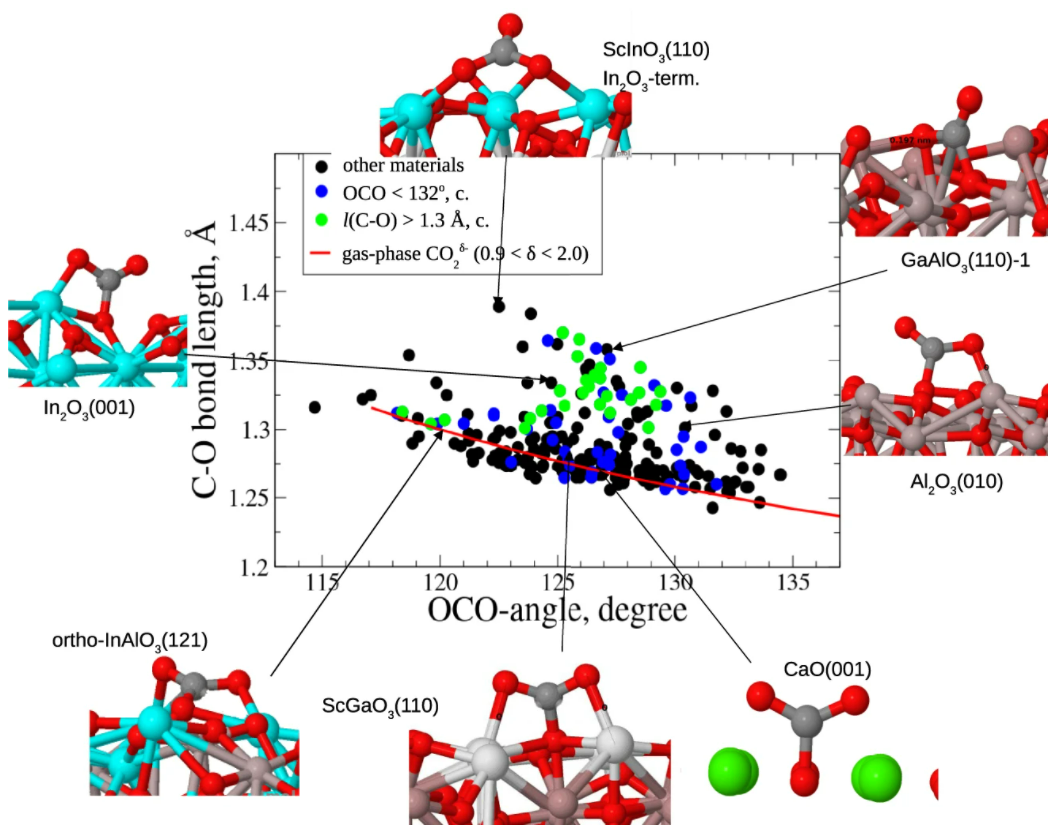Artificial-intelligence-driven discovery of catalyst genes with application to CO2 activation on semiconductor oxides
In the framework of the NOMAD Center of Excellence European project, researchers from the FHI of the Max-Planck Society and of the IQTC of Universitat de Barcelona, used Artificial Intelligence to discover catalyst “genes” governing CO2 activation on semiconductor oxides which paves the way to efficient conversion of this greenhouse gas into useful chemicals and fuels.
In this article, Rosendo Valero, Francesc Viñes and Francesc Illas in collaboration with investigators from the FHI of the Max-Planck Society, report a strategy for a rational design of catalytic materials using the artificial intelligence approach (AI) subgroup discovery. They have identifyed catalyst genes (features) that correlate with mechanisms that trigger, facilitate, or hinder the activation of carbon dioxide (CO2) towards a chemical conversion.

The article published in Nature Communications is freely available:
